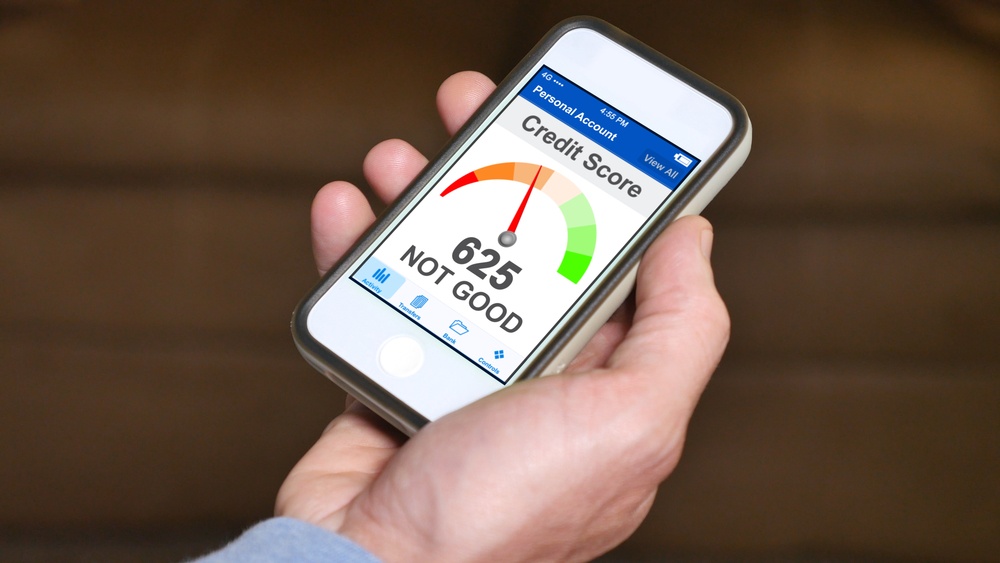
Your credit score can have a major impact on your ability to obtain a home loan. Unless you're independently wealthy, this means that bad credit can adversely affect your ability to buy a home. Of course, the residential real estate market is quite complex. If you live in a "buyer's market" or are fine with settling for a less desirable home, you may find it easier to obtain a home loan than a sub-prime buyer who refuses to lower his or her standards. In any case, you'll need to keep a few considerations in mind.
Home Loan and Foreclosure Basics
Residential mortgages are secured by the intrinsic value of the home to which they're applied. If you fall behind on your payments, your lender will initiate foreclosure proceedings that could strip you of your rights as a homeowner and force you to find a new place to live. Generally speaking, you're at risk for foreclosure after missing more than three consecutive payments on your loan. Depending on where you live, the foreclosure process can take anywhere from a six weeks to three years. It's almost always possible to stop the process by bringing your payments up to date. Of course, this isn't always practically possible.
Checking Your Credit Score
Before you even attempt to take out a mortgage with bad credit, you should figure out where your credit stands. If you have the time and funds, obtain consumer credit reports from Experian, Transunion and Equifax. Under most circumstances, mortgage lenders refuse to extend credit to borrowers with sub-600 credit scores. Borrowers whose scores fall between 600 and 640 can expect to pay higher rates of interest than folks who have excellent credit.
It's important to remember that credit scores can't be repaired overnight. If your score currently sits well below the 600 mark, you won't be able to obtain a prime-rate mortgage next week. If the purchase simply can't wait, there are a few steps that you can take to minimize the negative impacts of your poor credit rating.
Loan to Value, Debt to Credit
Before approving or denying your loan, your mortgage lender will take a few data points into consideration. First, they'll look at the transaction's "loan to value" ratio. Known as the LTV, this figure describes the value of the mortgage loan relative to the total value of the home in question. These days, lenders rarely issue loans with LTV ratios of over 80 percent. If you have poor credit, you may have to settle for an LTV of 60 percent or less. In other words, your leverage will be substantially reduced.
Likewise, your lender will look at your overall ratio of debt to credit. If you're close to maxing out your credit cards, personal credit lines and other obligations, your DTC rating may be unacceptably high. If this is the case, your lender will want you to find a cosigner or put up additional collateral.
Bad Credit Loans and Cosigners
A sub-600 credit score won't completely eliminate you from consideration for a mortgage. Plenty of reputable organizations cater to sub-prime home-buyers who can't find loans through traditional banks. In exchange for their largess, you'll need to accept higher interest rates and stricter repayment terms. Alternatively, the Federal Housing Authority offers small but relatively lenient loans for borrowers who can't obtain traditional credit. Of course, your best bet is to find a cosigner who's willing to stake their reputation on your ability to make timely payments. It's important to note that your cosigner may be forced to assume your loan in the event of a default.
Final Thoughts: Worth the Effort?
Owning a home is a lifelong dream for many hardworking Americans. If you've hit a rough patch or made a few questionable financial decisions in the past, you may still be able to obtain a mortgage for a new home. Before you make any long-term financial decisions, be sure to speak with a qualified financial professional about your options.




















